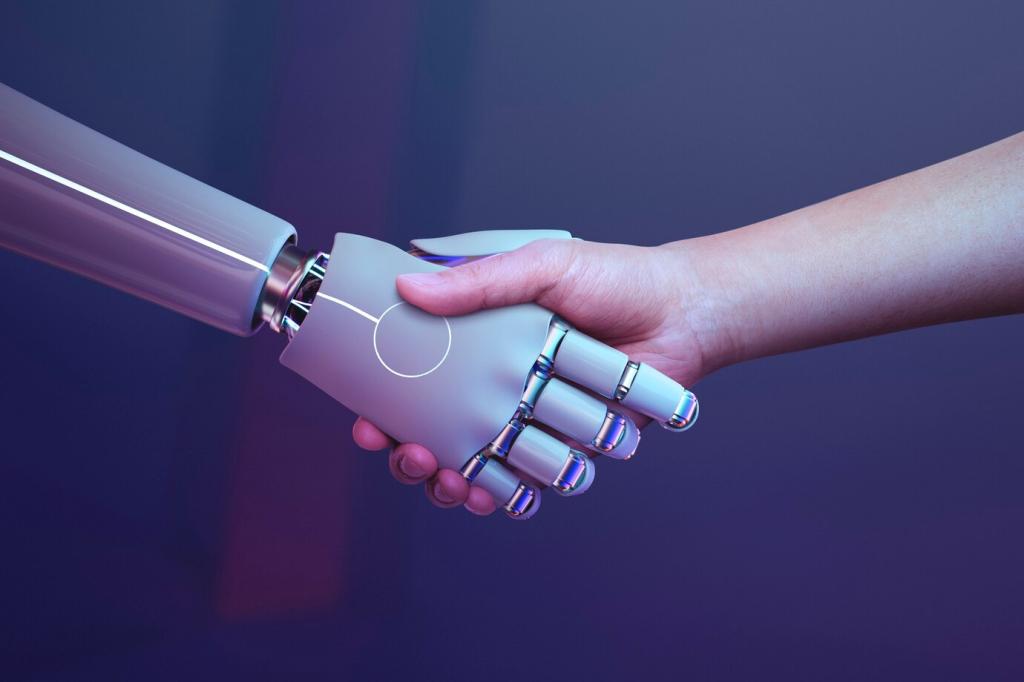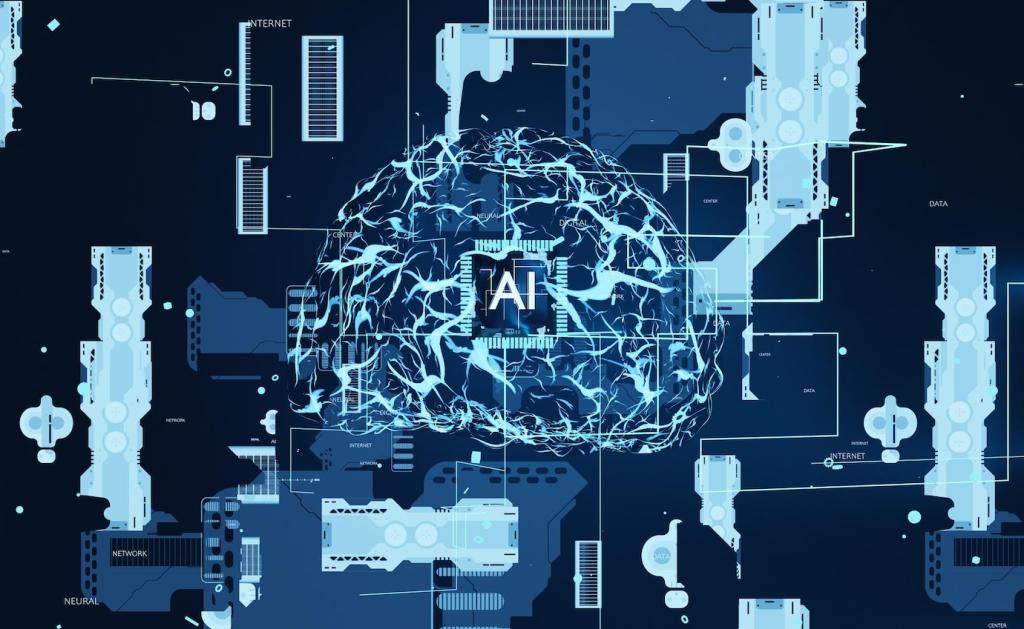
AI-Induced Market Disruptions
Artificial intelligence is profoundly altering the landscape of global markets. From transforming industries to redefining business models, AI technologies have ushered in an era of rapid, sometimes unpredictable, disruption. This page delves into the ways AI is catalyzing market evolution, discussing the ripple effects felt across sectors, the opportunities created, and the challenges posed for companies and consumers alike.

Data as the New Currency
Access to data and the ability to analyze it effectively has become paramount. Organizations are amassing vast troves of information, which fuel ever more sophisticated AI models. Those capable of wielding data for rapid decision-making and personalized offerings are outpacing slower-moving rivals, making data prowess an essential ingredient for sustained market relevance.

Accelerated Product Innovation
AI shortens the product development life cycle by delivering real-time insights and automating design processes. This allows businesses to experiment, iterate, and launch new products much faster than before. As a result, the pace of innovation has surged, leading to markets characterized by frequent product updates and entirely new categories emerging with little warning.

Transforming Consumer Experience
AI algorithms continuously analyze consumer behavior, preferences, and feedback, allowing companies to tailor products, services, and marketing messages with uncanny precision. This hyper-personalization enhances customer satisfaction but also raises the bar of expectation, making it harder for brands that lag in AI adoption to maintain customer loyalty.
Industry Upheavals and Sectoral Shifts
Finance and Banking Reinvented
Fintech startups leverage AI to streamline lending, detect fraud, and optimize investment strategies, challenging incumbent banks to adapt or cede ground. Robo-advisors, algorithmic trading, and AI-powered risk assessment are reshaping the sector, democratizing access to services and changing the face of financial management.
Manufacturing and the Smart Factory
Through the integration of AI in manufacturing processes—such as predictive maintenance, quality assurance, and supply chain optimization—factories are becoming smarter and more autonomous. This not only reduces operational costs but also enables responsive production that adjusts rapidly to market demands, signaling a shift towards mass customization.
Healthcare Transformation
AI’s influence in healthcare spans diagnostics, patient care, and administrative efficiency. Algorithms now assist clinicians in diagnosing complex conditions, optimizing treatment plans, and even predicting patient deterioration before it happens. These advances promise improved health outcomes and cost savings, yet also trigger debate over ethics, privacy, and the human role in care delivery.
